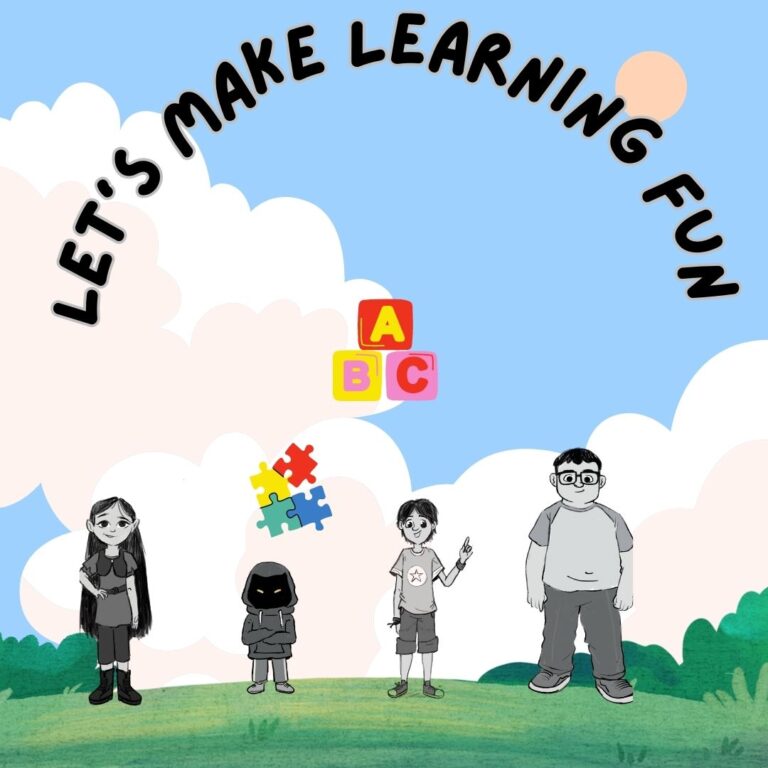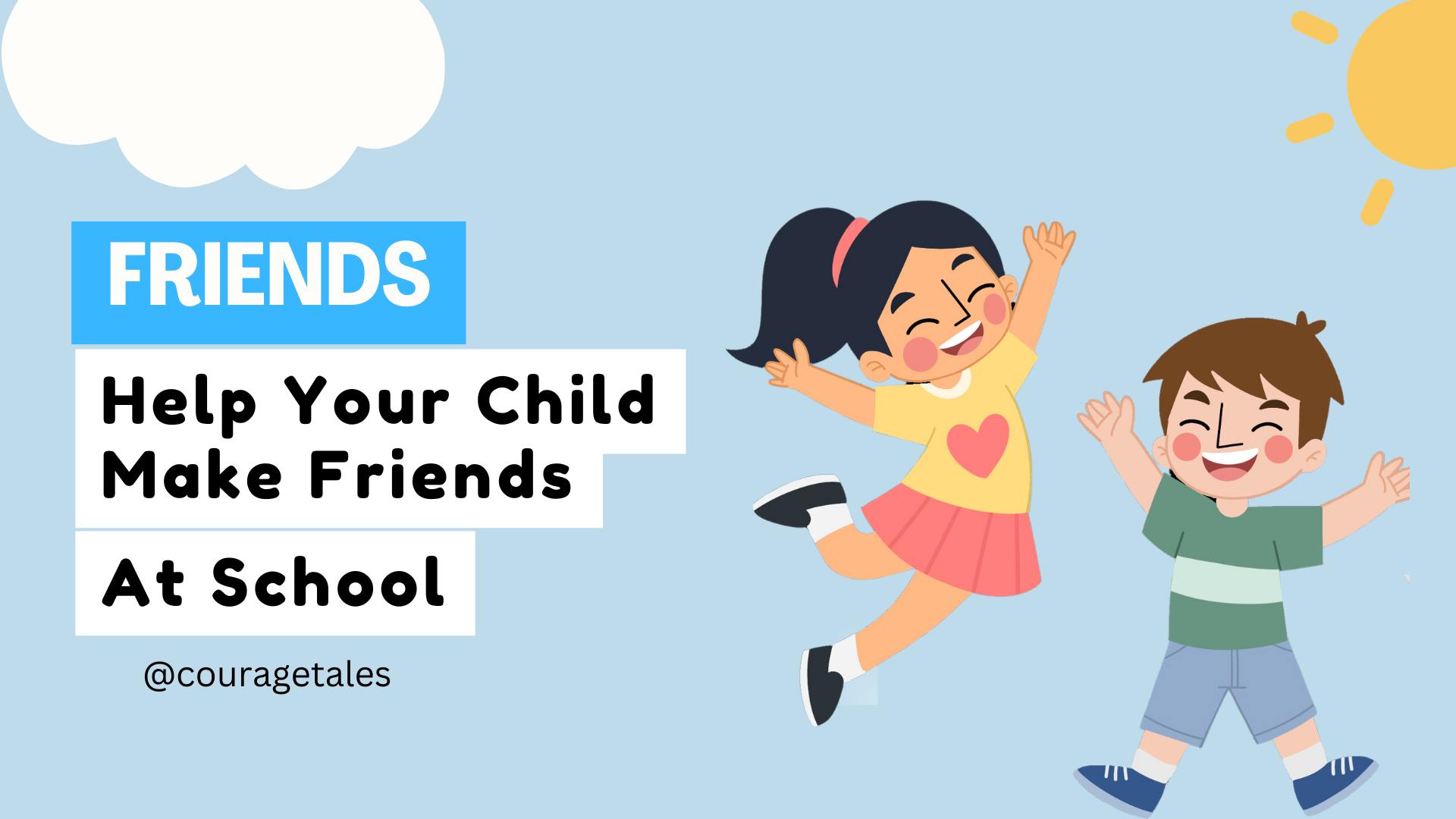How to help your child make friends at school
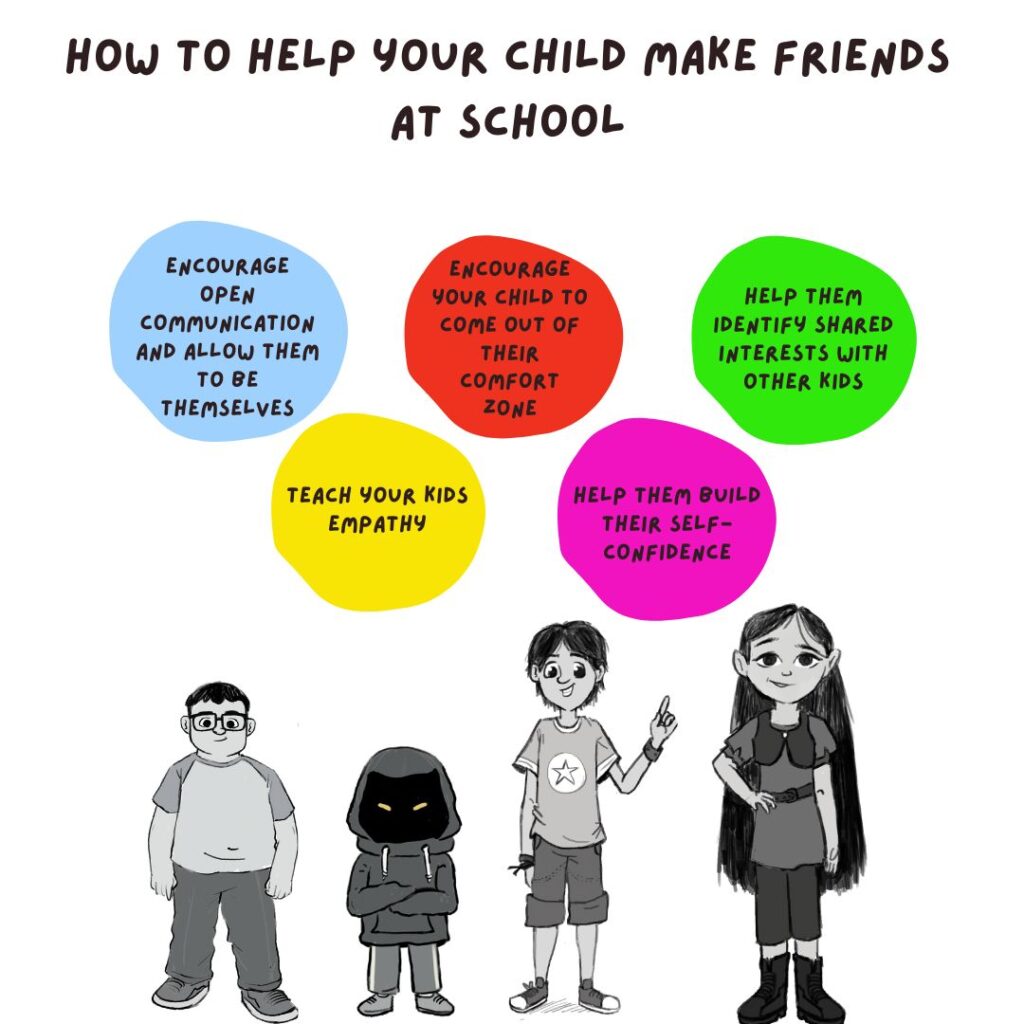
As parents, witnessing your kids forge meaningful and healthy friendships is a heartwarming and fulfilling experience, and it is important to help your children build these connections in their formative years, especially when they are going back to school for a new session. Making friends is an important part of childhood as it helps children develop social skills, interact with each other, and have a sense of belonging. No one is the same, which is why some kids find it very easy to make friends and some find it challenging. Here are a few tips that could help your kids make new friends.
READ NEXT: Have you already had the “bullying chat” with your champs? Get Access to FREE anti-bullying resources for ages 5-10.
Encourage open communication and allow them to be themselves
What you learned in class today shouldn’t be the only question you ask your kids when they get back from school. Initiate open and warm conversations with our children about their day at school. Ask them about their experiences, if they made friends, and how they felt during the different situations they encountered. This might sound totally irrelevant, but this will help you get insights into their social skills and let you know if you need to step in. You also have to make sure that you are not forcing your children to be someone they are not so that they can make more friends. This can lead to an inferiority complex. Remind them every day that the best way to make friends is to be yourself.
Encourage your child to come out of their comfort zone
Equip your child with essential social skills that will help them foster positive interactions with people around them, especially kids their age. You have to make sure to teach them the importance of active listening, sharing with other people, empathy, and cooperation. You can always try role-playing with them at home with real-life scenarios and teach them how to handle these situations.
Help them identify shared interests with other kids
The best time to help your children develop lifelong skills and interests is now. You need to help them discover shared interests that will naturally put them in social situations with other kids. You need to consider extracurricular activities in this case. Children who enjoy similar activities are more likely to become friends, so you need to encourage your kids to join clubs, sports teams, and after-school activities that align with their passion. The keyword is “alignment with their passion.” This will give them the opportunity to connect with like-minded classmates.
Teach your kids empathy
Kids want to be friends with someone who is nice to them. Helping your children understand different perspectives, feelings, and responsibilities will help them maintain a friendship after they make it. It is one thing to make a friend, and it is another thing to be able to keep them. Having empathy will help them be able to relate to their friends’ feelings and emotions and also help them connect on a deeper level.
Help them build their self-confidence
You might be surprised to know that kids can be self-conscious too, no matter how young they are, which is why it is important for you as a parent to help them boost their self-esteem and confidence by acknowledging their strengths, good qualities, and achievements. You have to also make sure that you are not in any way comparing or pitting your kids against each other. A child who is confident is a lot more likely to initiate and engage in conversations with other kids. You should also offer feedback that emphasizes their efforts and improvements, not just their outcomes and achievements. This approach will not only boost their confidence but also encourage a growth mindset.
As parents, fostering healthy social skills and instilling confidence and empathy in your kids is a precious gift that lasts a lifetime for them. The bonds that they form in their early years will lay the foundation for a lifetime of meaningful connections, empathy, and emotional well-being. By following the tips above, you can help your child make friends and have a happy and successful school experience.
READ NEXT: Have you already had the “bullying chat” with your champs? Get Access to FREE anti-bullying resources for ages 5-10.
Most Popular
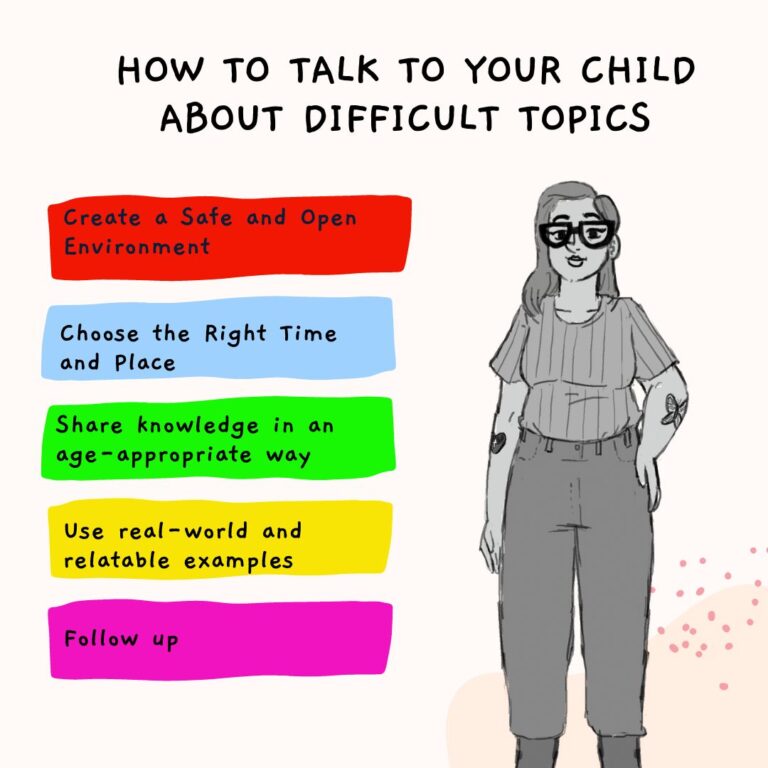
How to Talk to Your Child About Difficult Topic How to Talk to Your Child About Difficult Topic
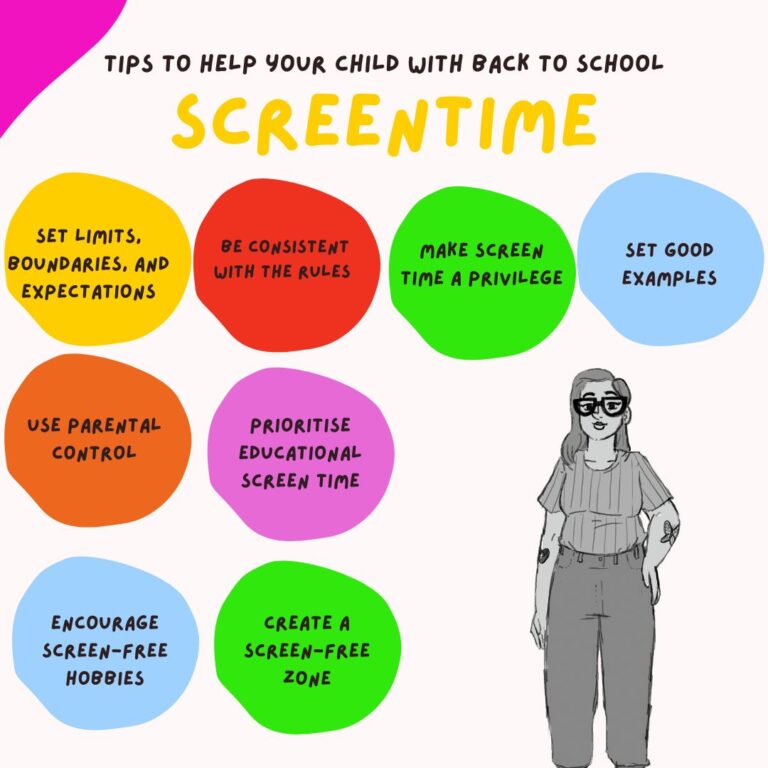
How to Talk to Your Child About Difficult Topic
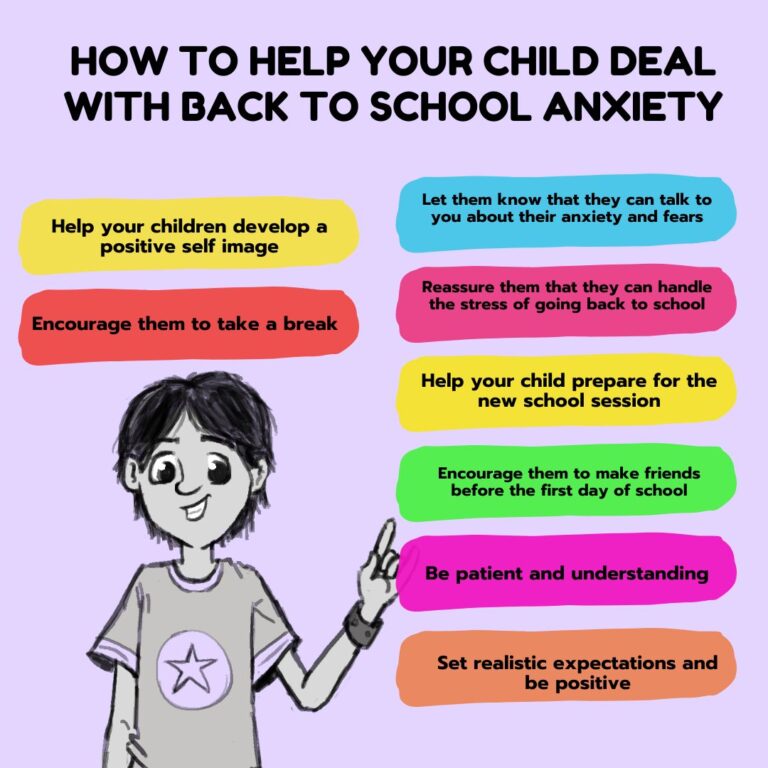
How to Help Your Child Prepare for Back-to-School Anxiety
